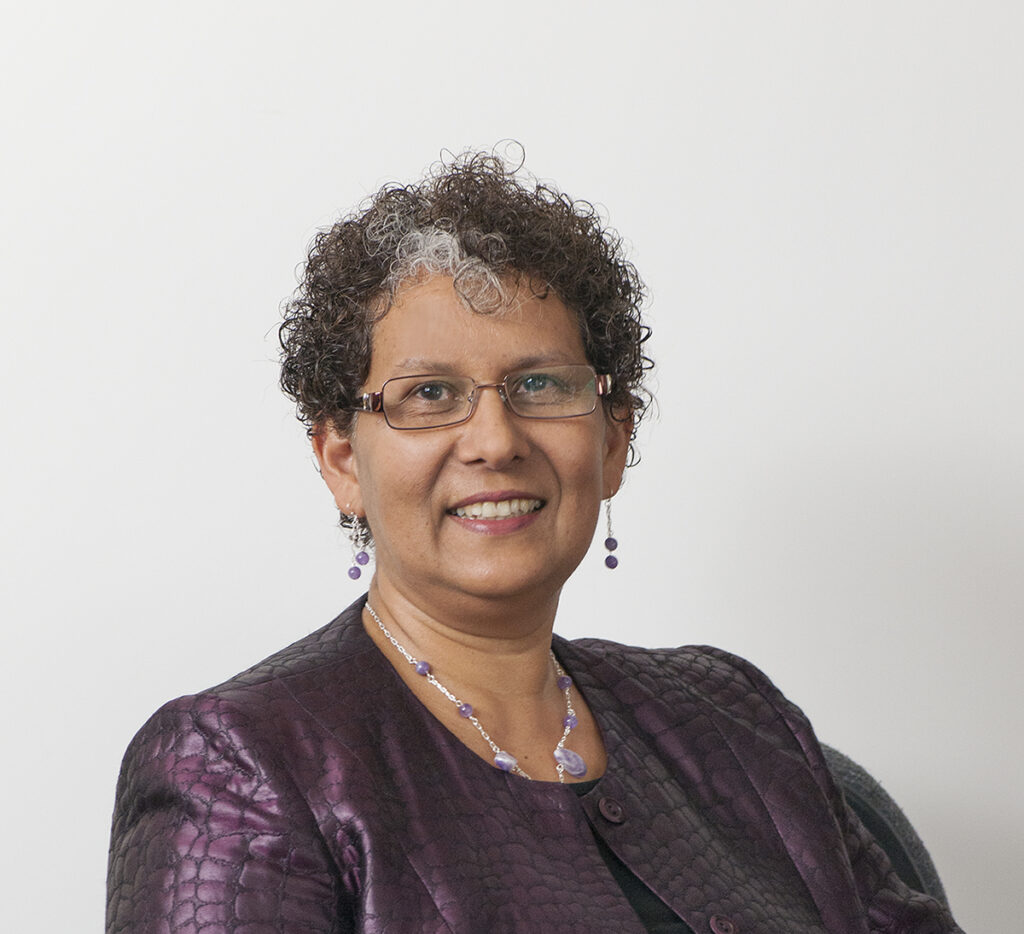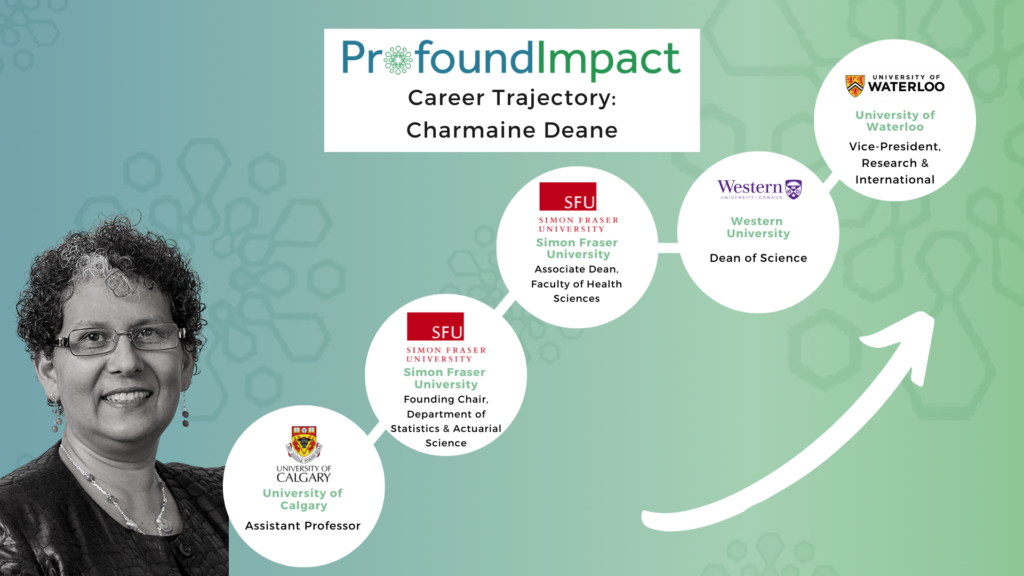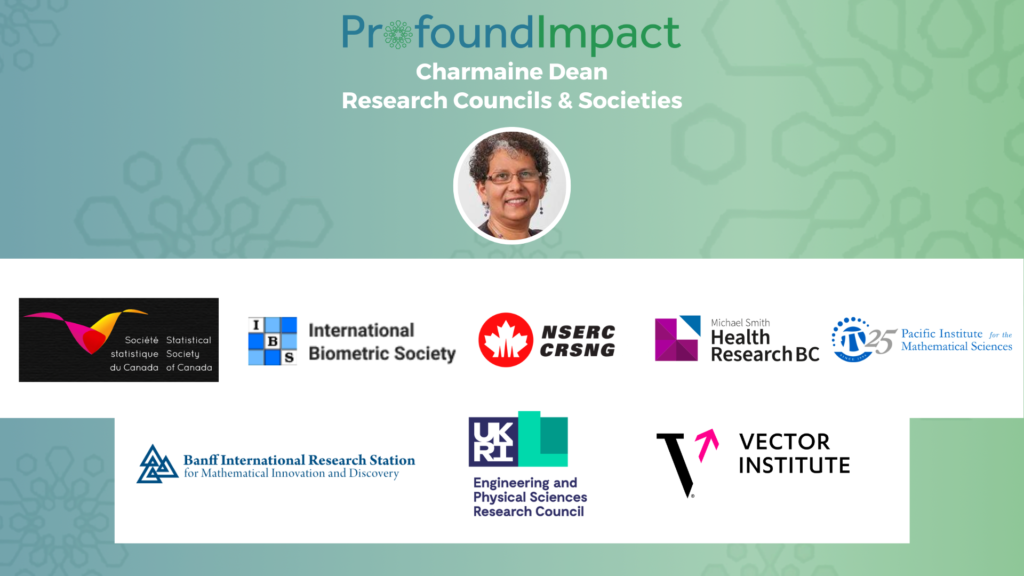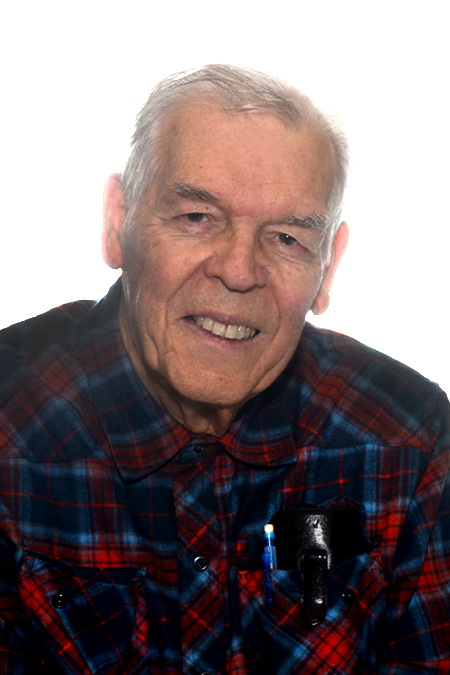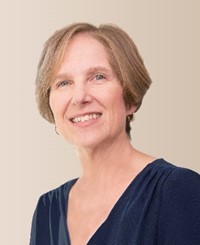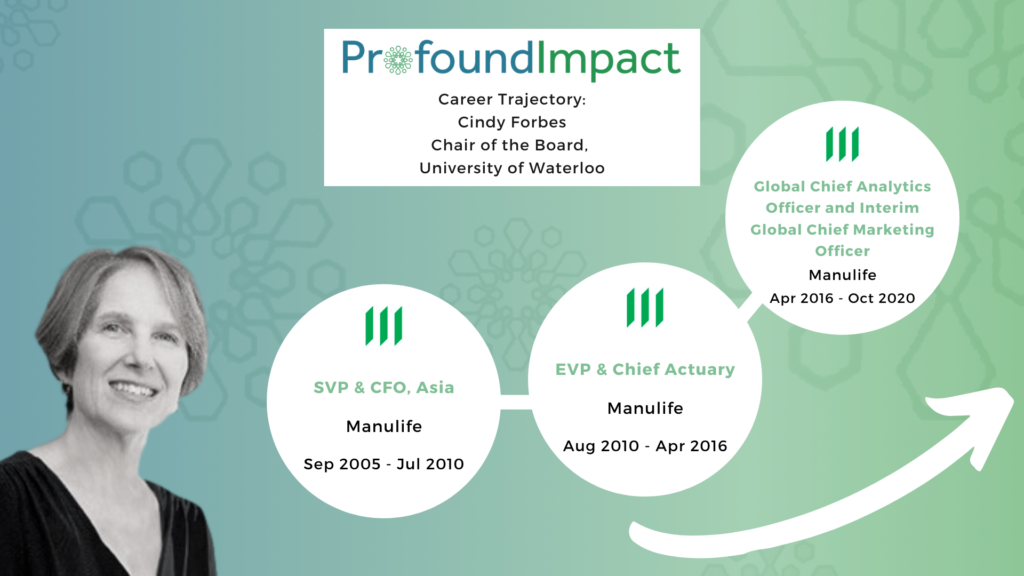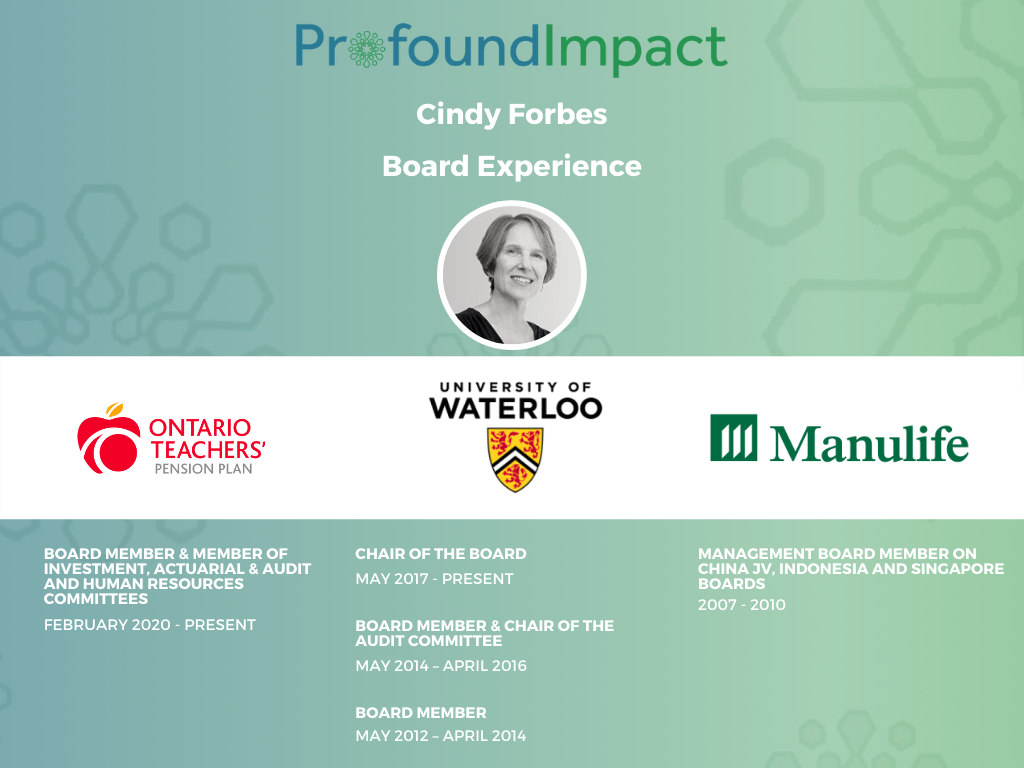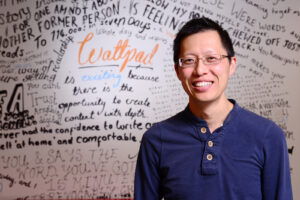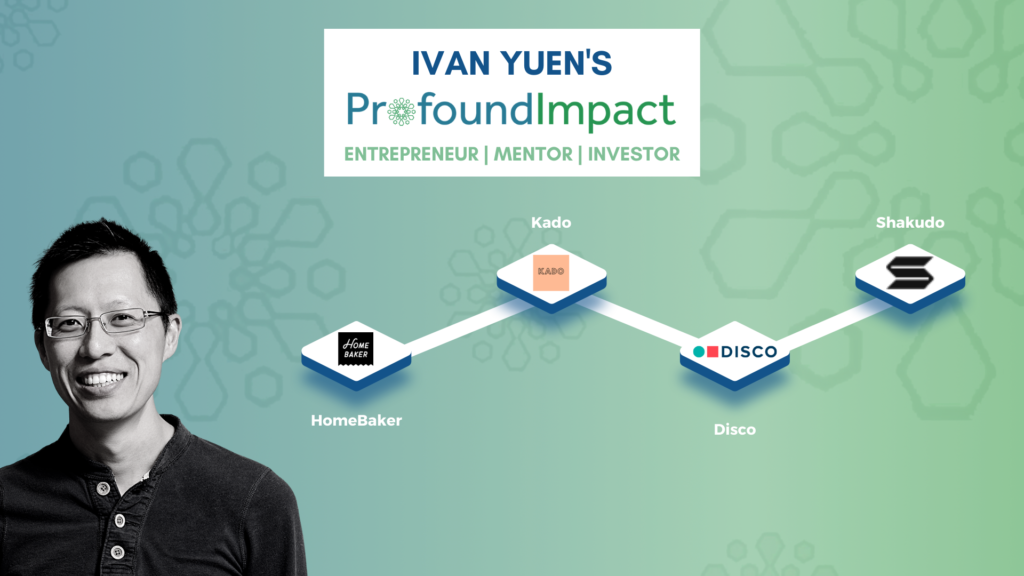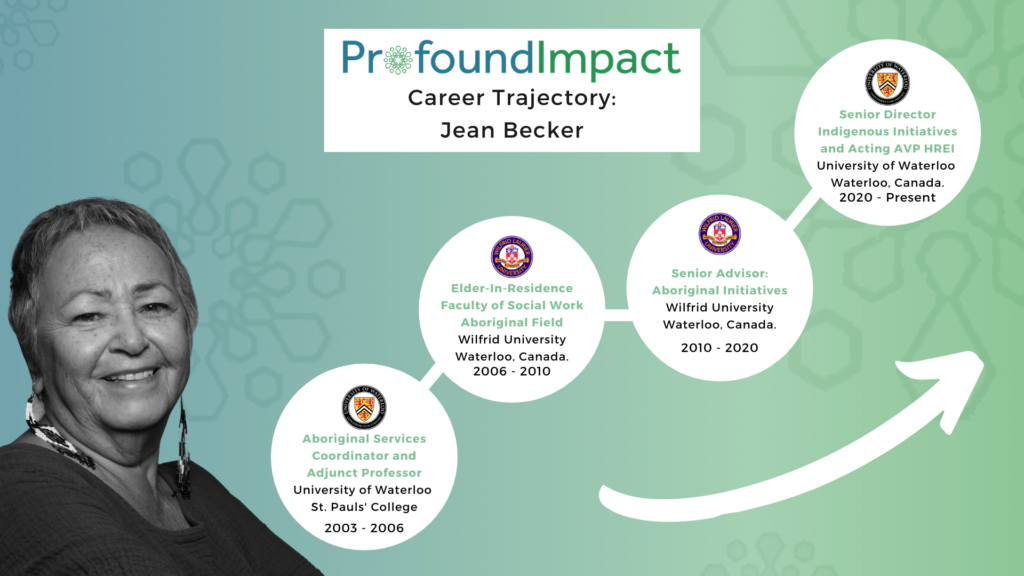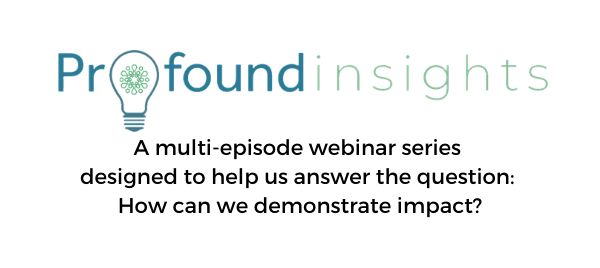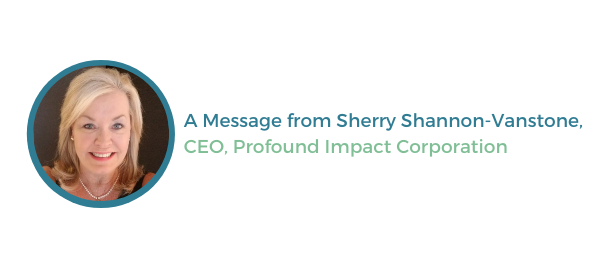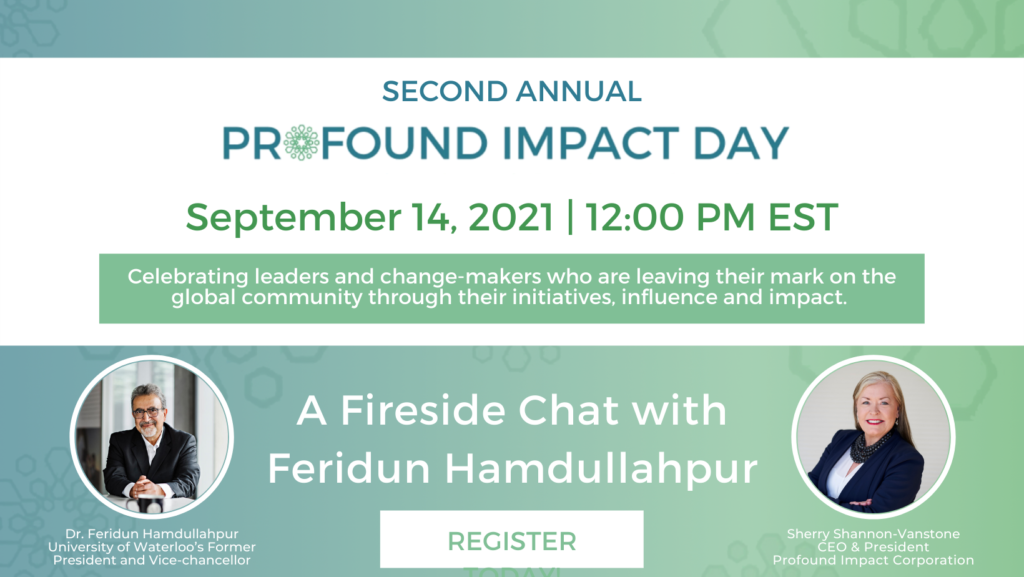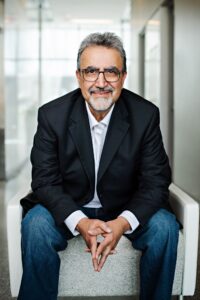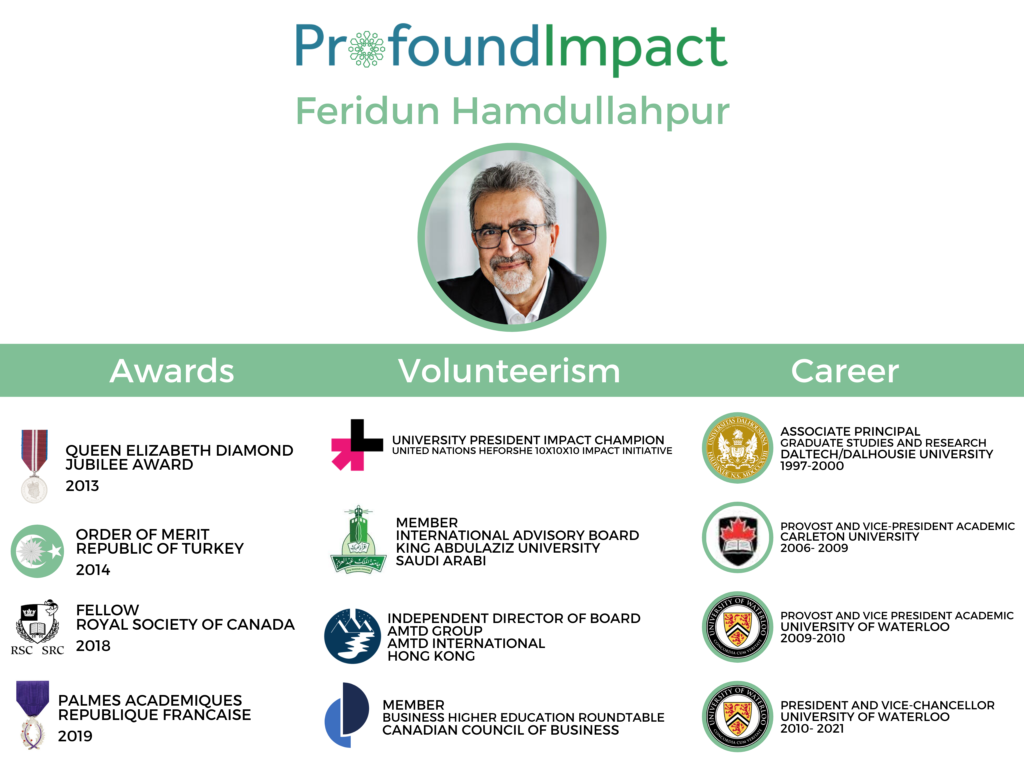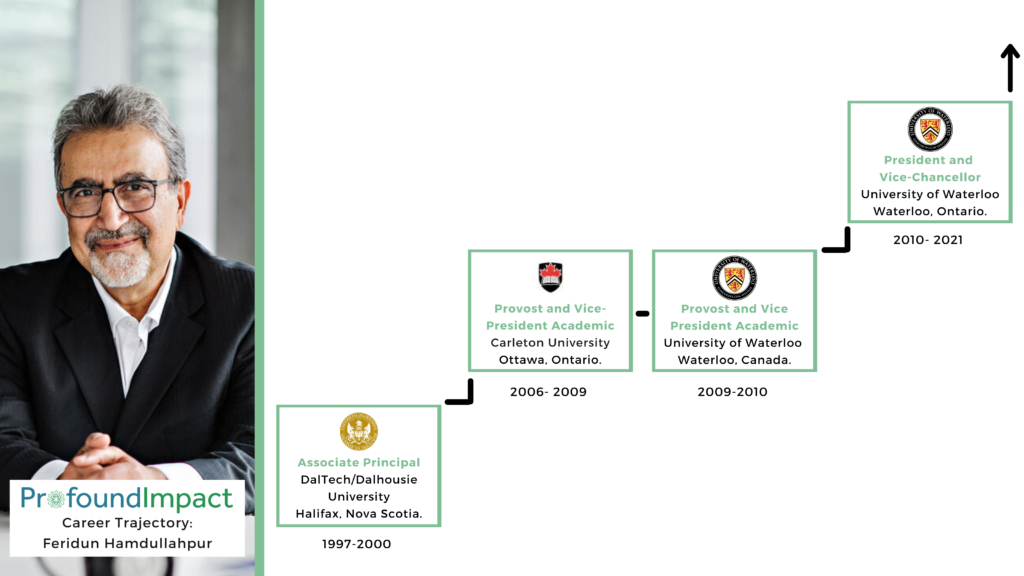IMPACTFUL ACTIONS AWARD WINNER ANNOUNCED ON PROFOUND IMPACT DAY 2022
GREEN HOPE FOUNDATION PRESIDENT AND FOUNDER KEHKASHAN BASU, M.S.M., WINS 2022 IMPACTFUL ACTIONS AWARD
The Impactful Actions Award recognizes world leaders making a profound impact on the global community.
WATERLOO, ON | SEPT. 14, 2022 — Profound Impact™ is proud to announce Kehkashan Basu, M.S.M., as the winner of the 2022 Impactful Actions Award.
The annual award is presented by Profound Impact Corporation, a Toronto-Waterloo Corridor tech company providing tools for organizations to maximize their global impact. Profound Impact’s Impactful Actions Award recognizes individuals who are inspiring collaborative solutions to difficult global problems.
Basu, who is just 22 years old, started working towards improving the world around her at the age of seven. Basu planted her first tree at eight and founded her own humanitarian organization, Green Hope Foundation, when she was 12.
“My work focuses specifically on empowering our most vulnerable populations,” Basu said. “We do this through a myriad of ways, including providing education for sustainable development and turning that education into ground level actions.”
Green Hope Foundation recently celebrated its 10th anniversary. The global social enterprise has worked with more than 300,000 people across 26 countries, focusing on water, sanitation, clean energy and food security.
“We want Green Hope Foundation to be in every country of the world so we can change the mindsets of people all across society,” Basu said. “We want to create cross-sectional dialogue and partnerships to benefit every single person within our communities.”
Basu was presented the Impactful Actions Award for Profound Impact Day. The day, which honours the late Professor Scott A. Vanstone, celebrates the impact and legacy of collaboration and innovation developed through the Profound Impact community.
“Kehkashan has done incredible work from such a young age. We’re so impressed by her commitment to making the world a better place,” said Sherry Shannon-Vanstone, Founder and CEO of Profound Impact. “Every single one of our nominees this year represents the incredible talent we have here in Ontario and across the globe.”
Basu said winning the award is a huge honour. “It’s a vindication of my belief that young people and young women are doing a lot for people and the planet. To be recognized for those efforts, it’s just a really amazing feeling.”
Profound Impact will make a donation to a charity of Basu’s choice in her honour.
Profound Impact received nominees from the community for the 2022 Impactful Actions Award. In 2021, the inaugural Impactful Actions Award was presented to Dr. Feridun Hamdullahpur, former President & Vice Chancellor (2010-2021) and Professor of Mechanical and Mechatronics Engineering at the University of Waterloo.
–30–
ABOUT PROFOUND IMPACT CORPORATION
Profound Impact helps education, research and social impact community organizations leverage data to measure program impact, tell their story and inform strategy. Profound Impact products include Connection Impact, Career Impact and their newest offering, Research Impact. Research Impact helps researchers match with the perfect grant to fund their research. Everything Profound Impact does works towards the important goal of connecting great people to do great things and maximizing their worldwide impact.
Website: www.profoundimpact.com
Facebook: @aprofoundimpact
Instagram: @aprofoundimpact
LinkedIn: Profound Impact Corporation
Twitter: @aprofoundimpact
For media inquiries, please contact:
Durrell Communications
